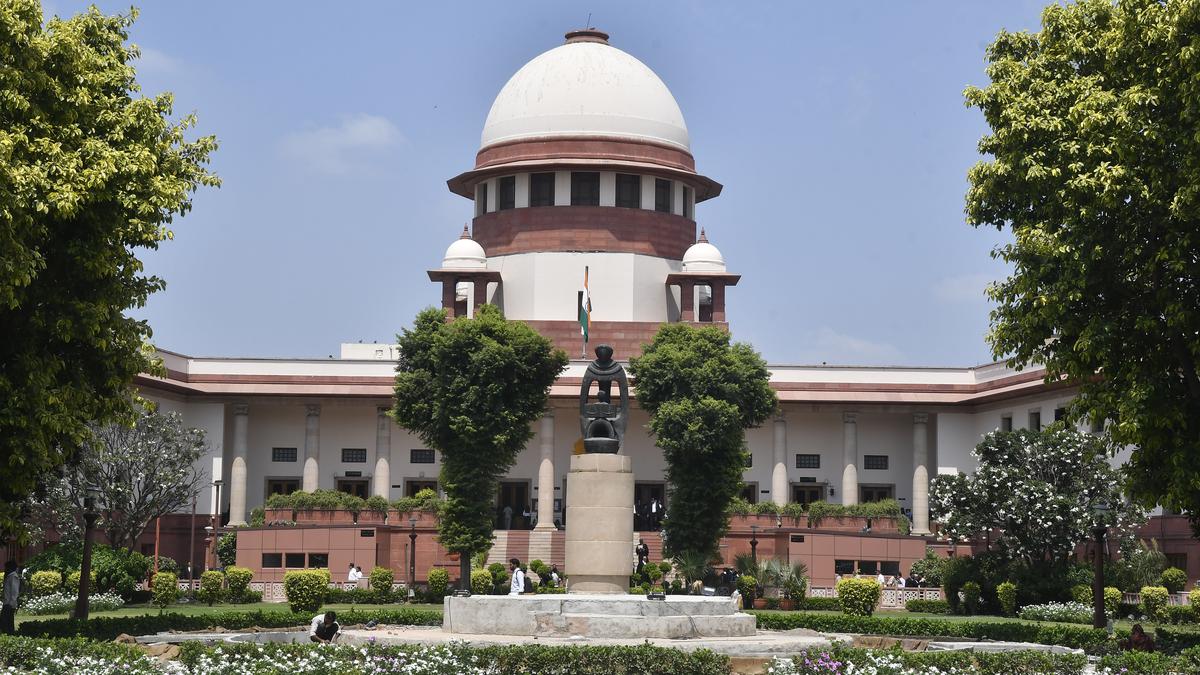
With journalists writing to the CJI, Supreme Court’s Pegasus verdict protecting privacy may come to fore

The Supreme court of India.
| Photo Credit: SHIV KUMAR PUSHPAKAR
Raids at journalists’ homes and seizures of their laptops and mobile phones have ignited a debate on whether the right to privacy and the right to protect work stored in these devices can be compromised by the state in the name of security.
“Members of a civilised democratic society have a reasonable expectation of privacy. Privacy is not the singular concern of journalists or social activists. Every citizen of India ought to be protected against violations of privacy,” the Supreme Court had held in its judgment in the Pegasus case in October 2021.
Then Chief Justice N.V. Ramana, who authored the verdict which concerned allegations of the government using an Israeli surveillance programme to spy on mobile phones of journalists and activists highlighted the need to protect journalistic sources from prying eyes.
“Protection of journalistic sources is one of the basic conditions for the freedom of the press. Without such protection, sources may be deterred from assisting the press in informing the public on matters of public interest,” the court had underscored.
Recently, a Supreme Court Bench headed by Justice Sanjay Kishan Kaul expressed concern about the seizure of mobile phones and computers of academicians as “electronic evidence” by investigating agencies during raids.
The court had highlighted their right to protect their work and research saved in these personal digital devices.
The petitioners in that case, including professors Ram Ramaswamy, Sujata Patel, M. Madhava Prasad, Mukul Kesavan and Deepak Malghan, had argued that academicians lose their life’s work when police carry off their computers and hard drives after a raid.
However, the Home Ministry had countered that “no one can be treated above the law”. The Ministry had said an accused cannot claim the right to privacy when computers, tablets, laptops or mobile phones could have been used for committing crime or has vital information related to a crime under investigation. Digital devices have to be examined thoroughly by forensic experts, it had added.
#journalists #writing #CJI #Supreme #Courts #Pegasus #verdict #protecting #privacy #fore


